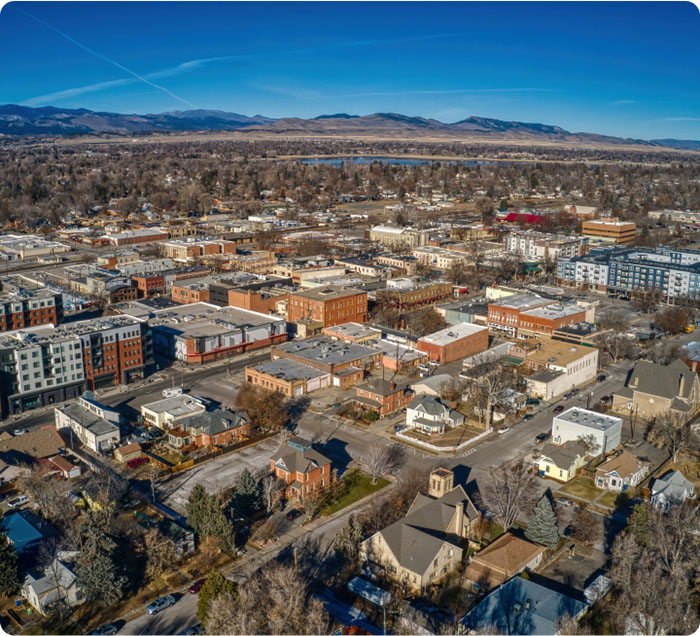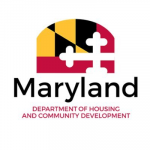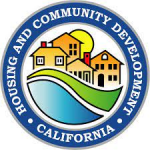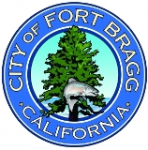Careers in Government Housing: A Path to Community Impact

Government housing jobs offer a unique opportunity to contribute to community development by ensuring access to affordable housing. These roles exist across federal, state, and local levels, each with distinct responsibilities that shape urban development, public housing programs, and fair housing initiatives.
What Are Government Housing Jobs?
Government housing jobs encompass a range of career opportunities focused on developing, managing, and supporting affordable housing programs. These roles contribute to the mission of providing safe, affordable housing for all, focusing on combating housing inequality and fostering vibrant communities.
Federal agencies like the Department of Housing and Urban Development (HUD) oversee large-scale housing policies, including Public and Indian Housing programs. These programs aim to support individuals and families with low incomes, disabilities, and special needs, ensuring fair housing access for all.
Federal Government Housing Roles

Working in federal government housing positions often involves creating policies, managing programs, and supporting local housing authorities. Typical roles at this level include:
- Policy Analysts: Develop and assess federal housing policies and analyze their impact on communities and vulnerable populations.
- Program Managers: Oversee the implementation of federal housing initiatives, ensuring compliance with HUD’s mission and objectives.
- Grant Administrators: Manage federal funding that supports affordable housing programs, including public and Indian housing.
These federal employees are crucial in ensuring equal opportunity and fair housing nationwide. Positions in HUD and related agencies offer stable, meaningful careers in public service where you can directly impact housing equality.
State and Local Government Housing Jobs
Housing agencies implement federal programs at the state and local levels while tailoring solutions to address regional needs. These roles typically offer more direct interaction with communities:
- Housing Finance Specialists: Manage state-funded affordable housing programs, ensuring compliance with state and federal regulations.
- Compliance Officers: Ensure local housing developments meet safety, environmental, and legal requirements.
- Community Planners: Develop urban planning initiatives to create sustainable, affordable housing for future generations.
Local housing authorities are often the first line of support for community members seeking affordable housing. These positions require strong community engagement and an understanding of local housing policies. Public housing managers, community development coordinators, and fair housing investigators are just a few examples of key roles at the local level.
The Impact of Government Housing Jobs
Government housing jobs are not just about constructing homes; they involve addressing complex social and economic challenges that directly impact families and communities. Here’s how these jobs make a difference:
- Alleviating Poverty: Affordable housing allows low-income families to allocate resources to essential needs like education and healthcare, breaking the cycle of poverty.
- Improving Public Health: Safe housing environments reduce exposure to environmental hazards and provide stability, improving the health and well-being of residents.
- Boosting Economic Growth: Affordable housing initiatives generate local jobs through construction projects and foster economic stability by allowing residents to contribute to their local economies.
- Promoting Social Equity: Housing professionals work to eliminate racial and economic segregation by ensuring equal access to affordable housing and promoting community diversity.
- Reducing Homelessness: Government housing programs, such as emergency shelters and long-term affordable housing projects, provide critical support to reduce homelessness.

Each of these impacts highlights the broader societal benefits of government housing jobs. Whether working in public service as a program manager or as a compliance officer ensuring safety standards, you are essential in fostering community stability and economic growth.
How to Start a Career in Government Housing
Pursuing a career in government housing can be incredibly rewarding. There are numerous ways to get started, and various paths are available, from entry-level positions to leadership roles.
1. Educate Yourself on Housing Policies and Programs
Understanding the landscape of affordable housing and the role of agencies like HUD is essential. Resources such as the National Low Income Housing Coalition provide valuable insights into current housing policies and challenges.
2. Identify Your Area of Interest
Government housing jobs span many areas, including policy development, community planning, human resources management, and housing authority leadership. Could you reflect on which aspects of housing resonate with your skills and interests?
3. Gain Relevant Education
Consider degrees in urban planning, public administration, or social work. Specialized programs in housing policy, public finance, or community development can also provide the skills needed to excel in this sector. For recent graduates or military spouses, there are often programs that offer additional support and training for government jobs.
4. Develop Key Skills
Many government housing jobs require expertise in project management, data analysis, and communication. You can build these skills through workshops, internships, or volunteer work with non-profits involved in housing development. Having experience in compliance, community outreach, or urban development can make you a more competitive candidate.
5. Network and Explore Job Opportunities
Networking with professionals in housing agencies can open doors to new opportunities. Organizations like the National Association of Housing and Redevelopment Officials (NAHRO) offer events and memberships that connect you with industry leaders. Setting up job alerts for positions at HUD, city and county housing authorities, and community development organizations will also inform you about openings.
6. Tailor Your Resume and Application
When applying for a government housing job, customize your resume to highlight relevant experience in public housing, community planning, or housing authority management. Emphasize your skills in compliance, program management, and housing development, using keywords from the job descriptions to align your application with the role.
Why Government Housing Jobs Matter
Government housing jobs go beyond traditional employment; they offer a chance to serve communities, promote equality, and provide essential resources for those in need. Employees in these roles are committed to building a more inclusive and equitable society where everyone can access affordable housing.
HUD’s commitment to equal employment opportunity ensures that individuals from all backgrounds, including recent graduates, military spouses, and individuals with disabilities, have the chance to join the ranks of public service. Programs supporting diversity, education, and career transition are essential in maintaining a robust workforce within the federal government and local agencies.
By choosing a career in government housing, you are not just embarking on a job – you’re joining a mission to improve the quality of life for individuals, families, and entire communities.

Conclusion: Is a Government Housing Career Right for You?
If you’re passionate about public service and want to make a tangible impact on communities, a government housing job could be the perfect fit. Whether you’re interested in community planning, housing policy, or direct engagement with housing programs, there are endless opportunities to grow and make a difference.
Take the first step today by researching job openings, connecting with housing professionals, and developing the skills needed to thrive in this vital field. With government housing jobs, your work can create lasting change, helping build more equitable, sustainable, and vibrant communities for all.






































